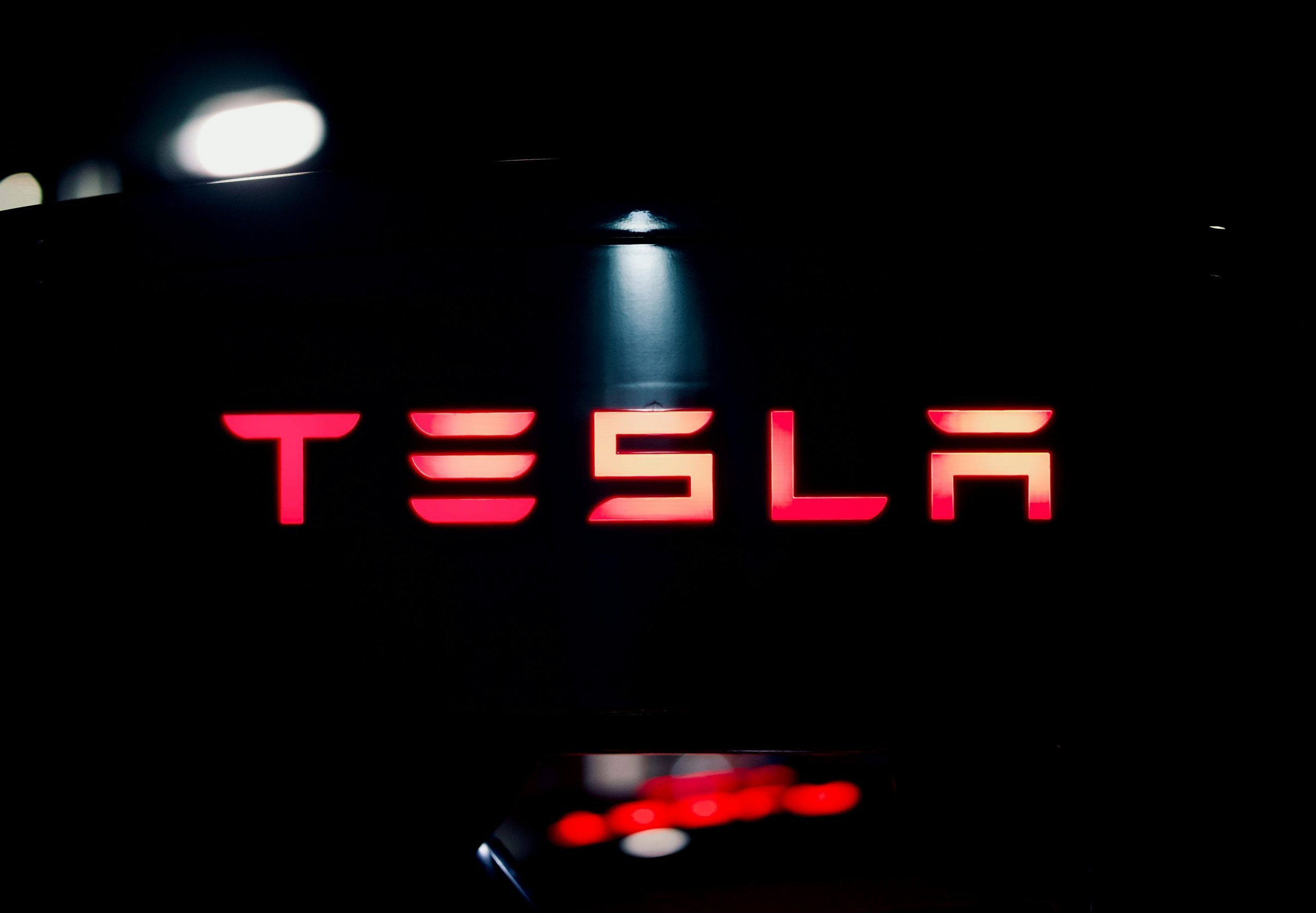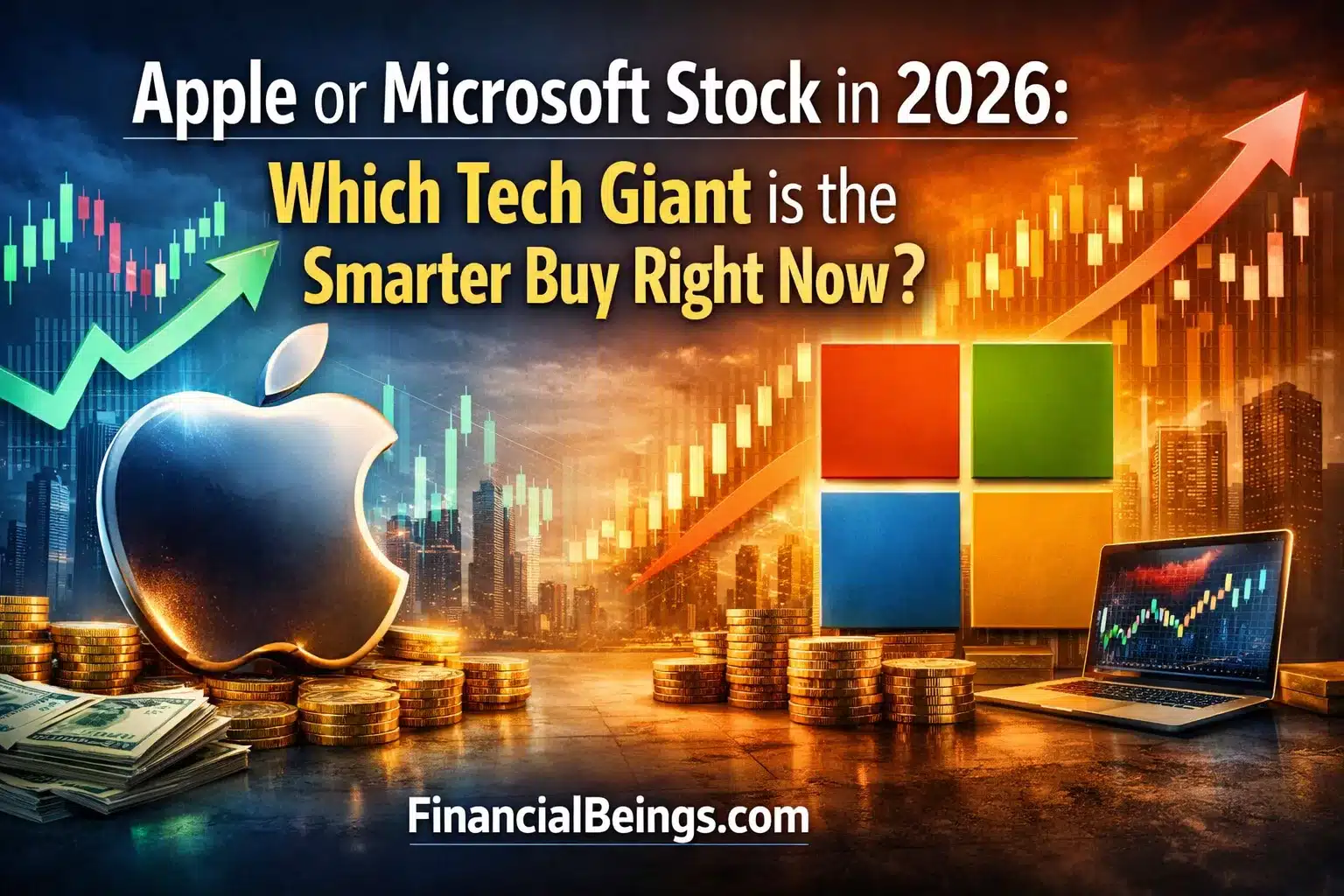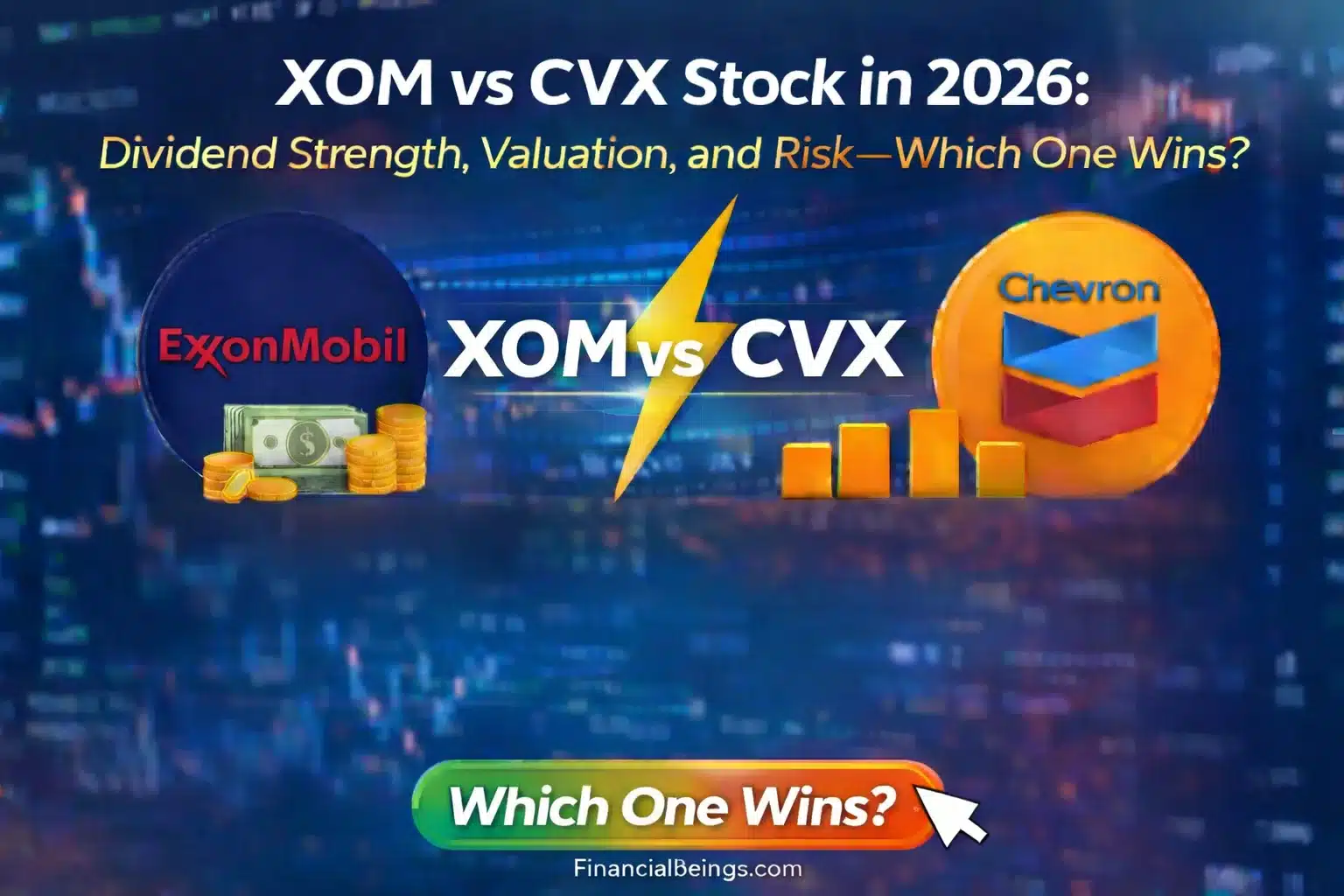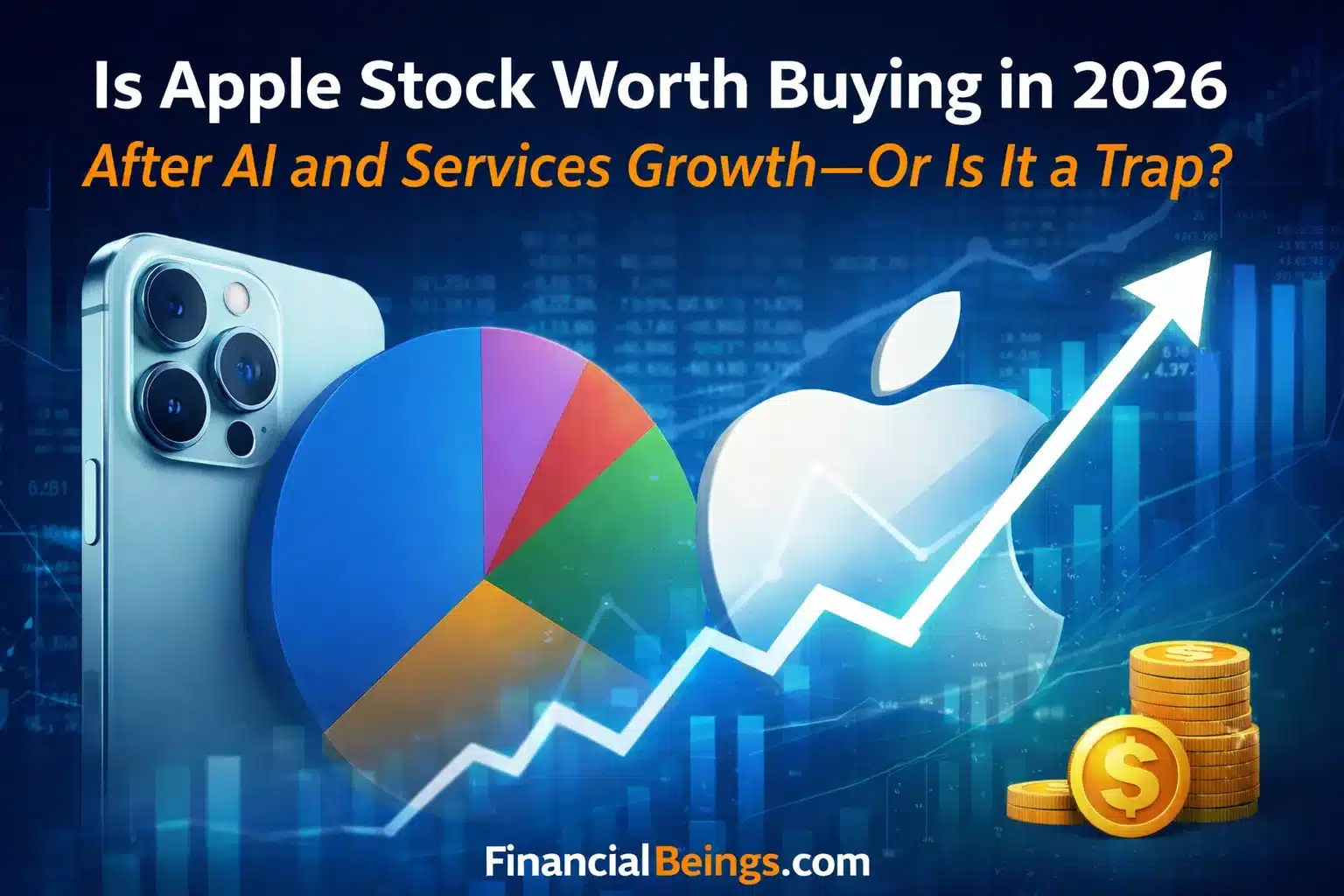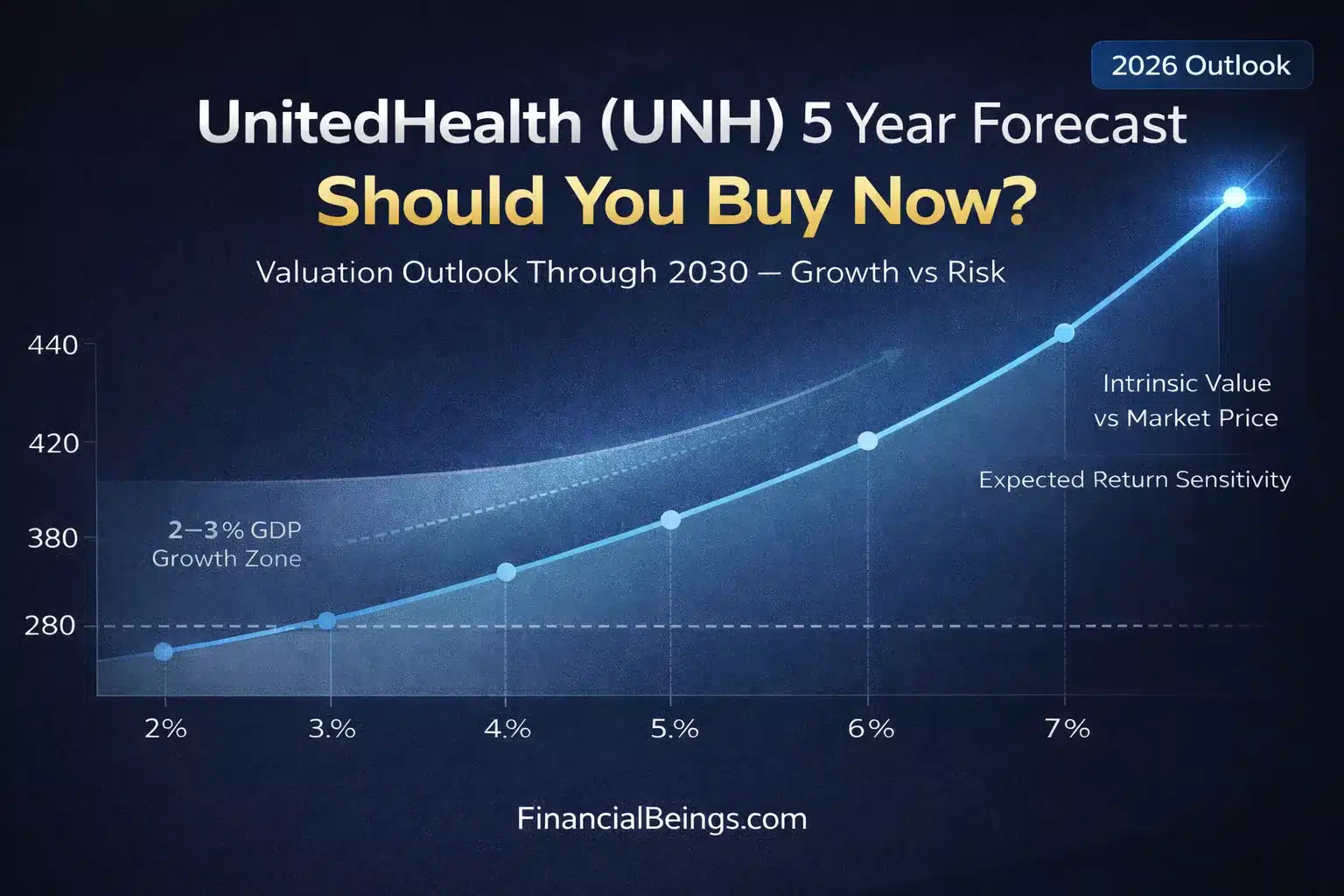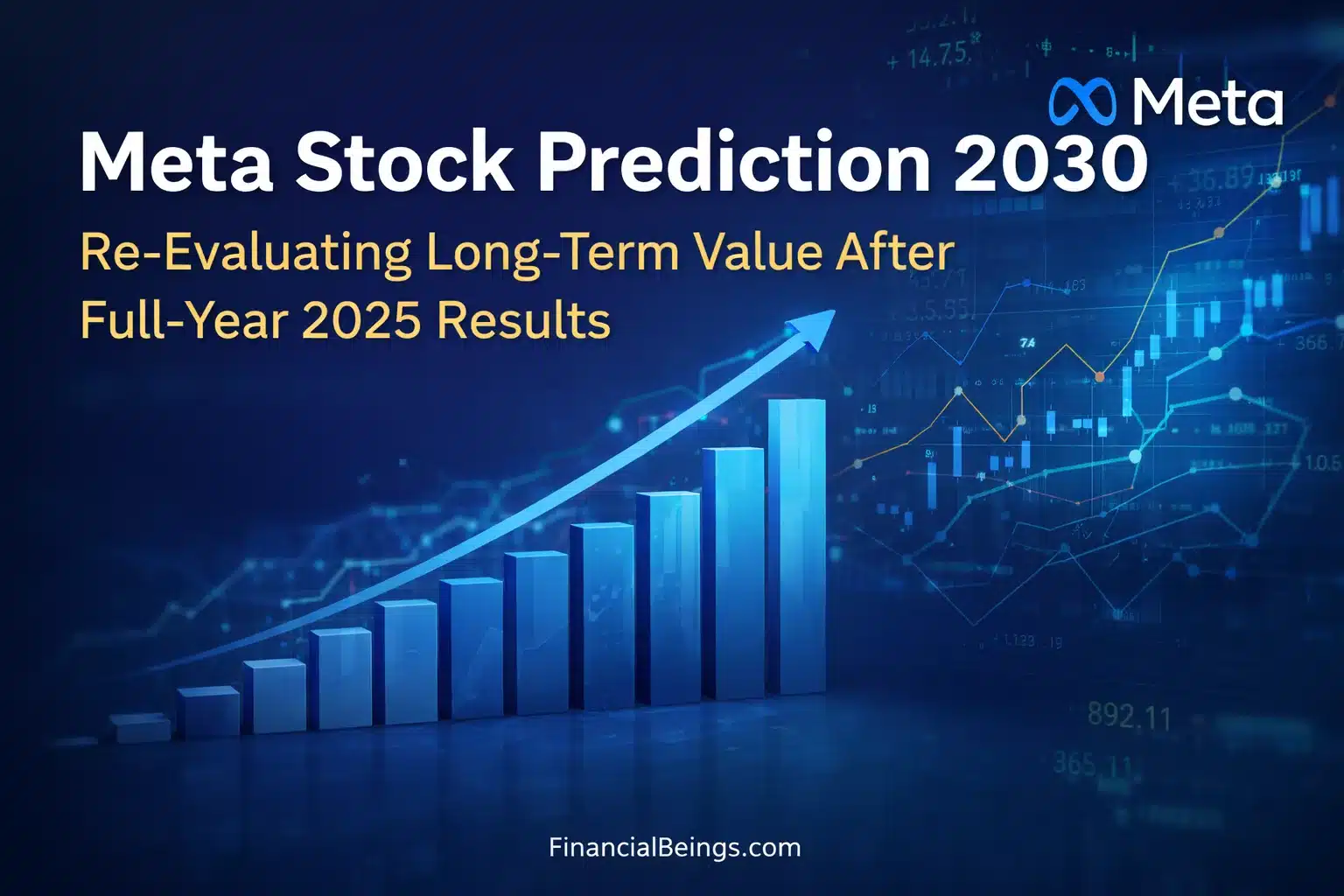Introduction
Should I buy Tesla stock? Currently, Tesla is a pioneer in electric cars, autonomous driving systems, and power-sources for cars. However, in view of the recent turbulence in the stock market and sharp changes in the price of Tesla, can Tesla be considered a good stock?
Tesla is established in the electric vehicle (EV) and clean energy sector, which is a highly dynamic market since more people globally shift towards environmentally friendly technologies. Being an innovative player in the market of EVs, battery storage, and self-driving software, Tesla has affected traditional auto businesses and energy companies constantly. The innovative idea in the company’s strategy is still proven effective to attract not only the retail but also the institutional investors. [1]
However, recent fluctuations in Tesla’s stock have raised the question for investors, as people might ask themselves: ‘should I buy Tesla stock in 2024?’
Should I Buy Tesla Stock in 2024?
What is Tesla?
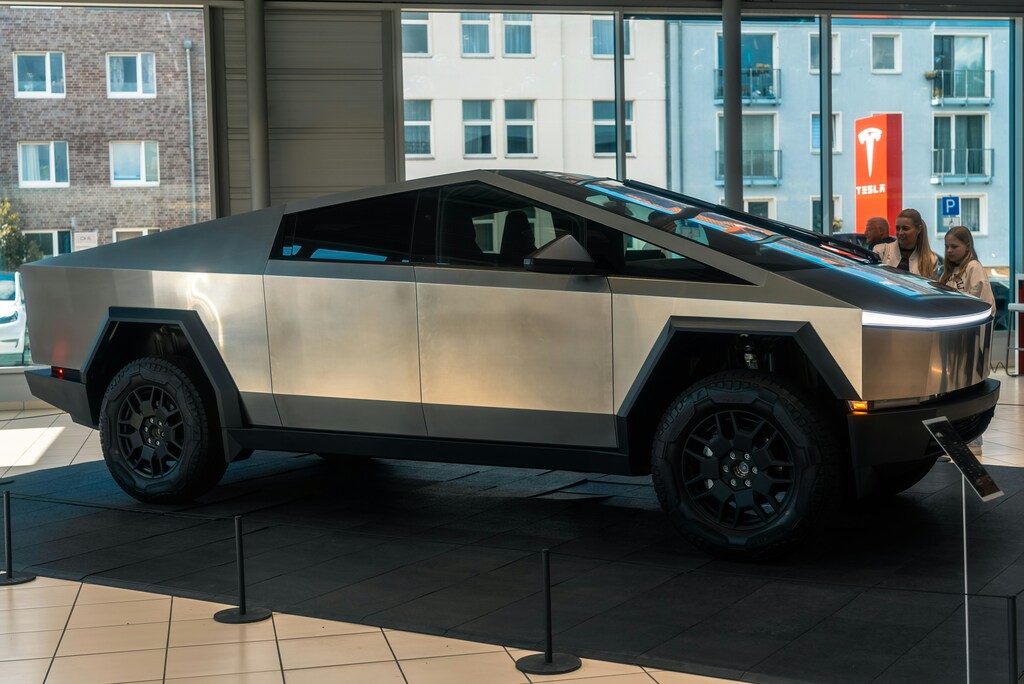
Tesla Inc is an American corporation mainly dealing in electric vehicles and clean energy solutions tracing its roots back to 2003, founded by Elon Musk. Although Tesla is famous all over the world as the company that has introduced people to the electric cars, this organization’s activity is not limited to the automotive industry. It also has a significant involvement in renewable energy through the production of solar products and innovative battery storage solutions such as the Powerwall and Powerpack.
Furthermore, Tesla is currently leading the way when it comes to self-driving cars with its Full Self-Driving (FSD) application targeting to make these cars common in the society today. As a company with a clear vision of speeding up the global shift towards sustainable energy, Tesla transforms several industries through technology and software in transportation, energy storage, and more. [2]
Businesses of Tesla
The automaker primarily operates in the production of electric cars, which are equated with innovation and environmentally friendly products. Its portfolio consists of Model S and Model 3 sedans, Model X SUV, and Model Y compact SUV with long-range batteries, much power, and options such as Autopilot for better drive assistance. Tesla remains innovative in designing and developing all recent EV technologies while being the benchmark in energy efficiency, safety, and aesthetic design.
Tesla is not just a manufacturer of electric automobiles but also an energy storage company. Powerwall is for home purposes and helps store power generated or bought from solar panels to be used at night or in case of power outages. On a larger scale, Tesla’s Powerpack and Megapack systems are for businesses and utilities to balance and store renewable energy. Such technologies are essential for increasing the share of renewable electricity and decreasing the use of fossil resources. [3]
Tesla is also a pioneer in the self-driving technology with its Full Self-Driving (FSD) capability. Although FSD is not completely autonomous yet, it is engineered to allow Tesla vehicles to drive themselves at some point. The software evolves autonomously through over-the-air updates and adapts to the experience of billions of miles driven by Tesla vehicles across the world. Tesla has ambitions to fully autonomous driving that would revolutionize the automobile sector with innovations such as Robotaxis, lowering car ownership.
Some Very Innovative Products of Tesla
Robotaxis
The Robotaxi project was designed and implemented by Tesla with the purpose of self-driving electric cars that are designed for ride-hailing services and do not require the presence of a driver on board. As a part of Robotaxis, the company plans to offer a ground-breaking solution in urban mobility with Tesla’s FSD technology that would be more efficient, eco-friendly, and cheaper than standard taxis and ride-hailing applications.
In the same degree of possibility that it may become operational, Robotaxis has the ability to greatly disrupt the transport business by providing a solution to traffic congestion as well as pollution and also eliminating the need for car ownership for most people. Although it is rather the idea that is still within its creation stage, the impact it may have on commuting and the usage of transport could be transformed into a revolution, thus placing Tesla as an innovator of autonomous mobility. [4]
Other Innovations
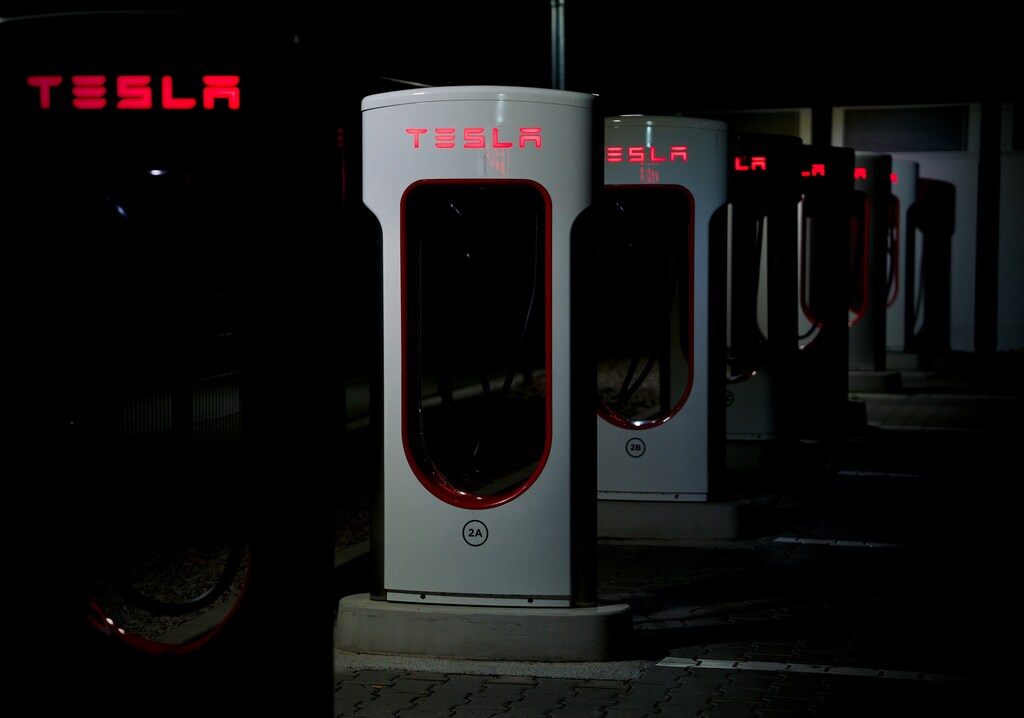
Through products such as solar panels, and the Solar Roof, Tesla has expanded its operations not only to the automotive industry but also to energy products. Tesla solar tiles enable generation of cleaner energy for homes and businesses and the Solar Roof is the perfect integration into residential structures in that it blends seamlessly with the roofing systems, thereby combining aesthetics and effectiveness.
Solar Roof is applied solar tiles that are durable and mimic the look and texture of normal roofing materials. But they have the potential to generate power. These advancements, coupled with the company’s energy storage products like the Powerwall, enable customers to capture solar energy, store excess energy and effectively reduce their reliance on the traditional energy network – all of which are instrumental in creating a cleaner and sustainable world. [5]
Investor’s Metrics
| Metric | Value |
| PE Ratio | 71.12 (Current), 378.3 (5-Year Avg) |
| PB Ratio | 12.16 (Current), 21.4 (5-Year Avg) |
| Market Cap | $808,000 Million |
| Current Price | $258 per share (approx.) |
| Revenue YoY Growth | 18.8% |
| Fair Value | $249 |
| Cost of Capital | 14.87 |
| Free Cash Flow (Last 3 Years) | 2023: $4,357 Million 2022: $7,552 Million 2021: $3,843 Million |
Free Cash Flow Growth
Analyzing the free cash flow or FCF, it has been observed that Tesla has experienced sharp fluctuations from 2010 to 2024, mainly because of its ambitious expansion plans and high levels of capital investments. Tesla’s evolution from an obscure manufacturer of purely electric cars to a dominant player in the EV and clean energy markets has entailed substantial investments in capital, technology, and networks. Find Some of the Best AI Stocks to Invest.
Tesla posted a free cash flow of $3.787 billion in 2021, which is an increase of 35.93% from 2020. This was largely attributed to the increased sales of its best-seller models such as Model 3 and Model Y which entered the global markets owing to high demand for EVs that have been propelled by governments’ incentives for environmentally friendly vehicles. Also, operational efficiency increased due to the higher scale economies, particularly in the Shanghai Gigafactory and the Fremont factory to better control its costs. [6]
Similarly, FCF in 2022 was significantly higher, rising by 124.5% to $8.502 billion, highlighting the company’s effectiveness in expansion of its operations worldwide, with the opening of new Gigafactories in Berlin and Texas. These factories not only enhanced the production capacity but also cut down the transportation cost which inturn enhanced the profitability. However, FCF declined in 2023 by 48.74% to $4.358 billion as compared to the year 2022. Tesla has invested substantially in the growth opportunities, including deepening work on the FSD software and expanding the Gigafactories network to markets like Mexico. [7]
Third, also, high capital intensity due to the firm’s Robotaxi plan and new generation batteries, such as the 4680 batteries, pressured the cash flow. As for June 30, 2024, Tesla’s FCF have become negative and reached -$1.189 billion due to the continuous spending on research and development, infrastructure, geopolitical factors such as disruptions in supply chains costs. Although negative, these investments are crucial for Tesla to sustain market competitiveness in the future of automotive self-driving systems and energy storage industries in the years to come.
Should I buy Tesla stock? Taking into consideration the inconsistency of Tesla free cash flows and expense on future services such as self-driving cars, and improved batteries, it can be a potential good deal.
FCF Growth = [(7563 – 2786) / 2786] x 100 = 171.5%
Conclusion: Should I Buy Tesla Stock?
Tesla’s stock price could be so volatile because of external influences like the mood in the market and competition, even though technological advancements and rising free cash flow show that Tesla still has a long way to go into the future. When assessing the key factors including the price to earnings ratio, price to book value ratio as well as the free cash flow, you will be in a better position to determine whether investing in the Tesla stock is the right decision for you in the year 2024. Contemplation and decision-making on investments should be preceded by a comprehensive analysis each time.
Hence, as Tesla aims to diversify its product portfolio and ramp up production in new facilities worldwide, many investors still wonder, ‘Should I buy Tesla stock for future returns given the present issues with cash flow?’

